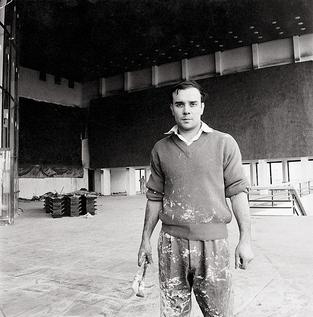A Quote by Marshall McLuhan
Phenomenology is dialectic in ear-mode - a massive and decentralized quest for roots, for ground.
Quote Topics
Related Quotes
What I believe is that people have many modes in which they can be. When we live in cities, the one we are in most of the time is the alert mode. The 'take control of things' mode, the 'be careful, watch out' mode, the 'speed' mode - the 'Red Bull' mode, actually. There's nothing wrong with it. It's all part of what we are.
I believe we should really take our own phenomenology more seriously. What a good theory of conscious must explain is the variance in this subjective sense of realness: There clearly is a phenomenology of "hyperrealness", for example during religious experiences or under the influence of certain psychoactive substances.
The immaterial told me that I was indeed an occidental, a right-thinking Christian who believes in the 'Resurrection of the flesh'. A whole phenomenology then appeared, but a phenomenology without ideas, or rather without any of the systems of official conventions. What appeared was distinct from form and became Immediacy. 'The mark of the immediate' - that was what I needed.
In every forest, on every farm, in every orchard on earth, it's what's under the ground that creates what's above the ground. That's why placing your attention on the fruits that you have already grown is futile. You cannot change the fruits that are already hanging on the tree. You can, however, change tomorrow's fruits. But to do so, you will have to dig below the ground and strengthen the roots.





































